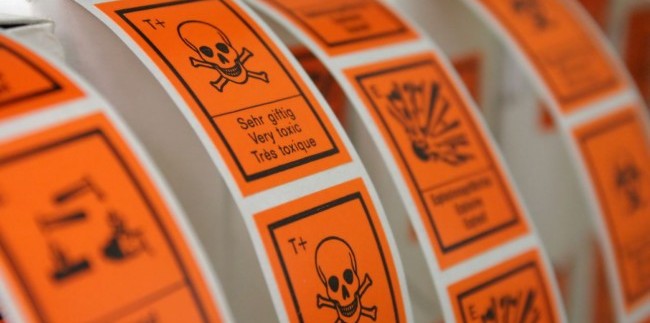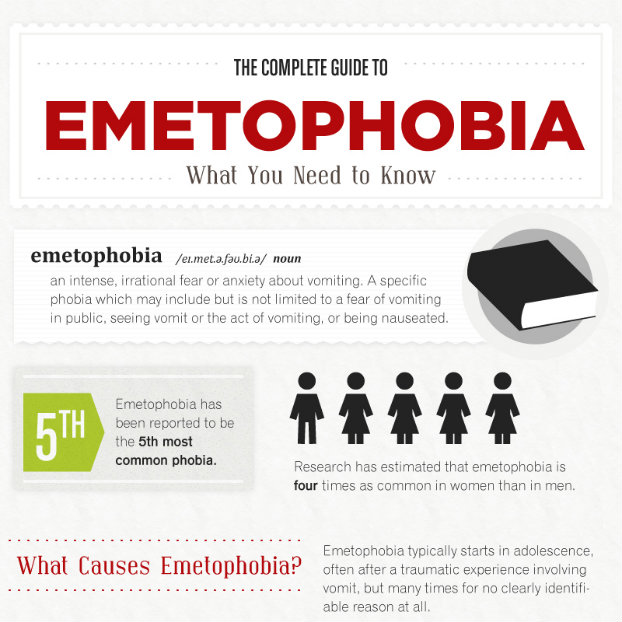 Let’s call her Beverly. She’s been your friend since kindergarten, even though you both have since moved to opposite ends of the country. Despite your distance, Beverly still manages to have you running around doing her favors while she makes fun of your height, your weight, your husband and even your dog.
Let’s call her Beverly. She’s been your friend since kindergarten, even though you both have since moved to opposite ends of the country. Despite your distance, Beverly still manages to have you running around doing her favors while she makes fun of your height, your weight, your husband and even your dog.
“She doesn’t mean to be mean,” you tell your husband every time he sees you throw something in rage or collapse in tears after each phone call with Beverly. Or does she?
There’s a big, fat line between helping a friend in need and being victimized by a friend who is needy, abusive and downright toxic.
“Toxic relationship” is one of the hot pop psychology buzzwords du jour, and that’s because these relationships are so common. They can be so easy to fall into, tough to get out of, and extremely detrimental to your health. In addition to eroding your self esteem, toxic relationships can be incredibly draining on your energy, your finances, your time, your emotions and your mental health.
The tension and anguish created by a toxic relationship can additionally serve to worsen symptoms of existing mental health woes, such as emetophobia, by pumping your stress levels through the roof.
“Unhealthy relationships can turn into… a toxic internal environment that can lead to stress, depression, anxiety, and even medical problems,” author Sherrie Bourg Carter writes in Psychology Today.
She points to a study noted at Empowher.com that looked at the effects of negative close relationships on 10,000 participants over a 12-year-period. Those in negative relationships were more likely to develop or die from heart problems than those who had non-negative close relationships.
This can hold true for any type of negative relationship, whether it be with a toxic spouse, a toxic partner, a toxic coworker or the toxic neighbor down the block whom you tolerate because her kid mows your lawn.
Toxic Relationship Defined
WebMD notes toxic relationships can be defined as those that may be:
- Draining
- Stifling
- Unsupportive
- Unrewarding
- Frequently unequal
- Potentially abusive
“Toxic friends stress you out, use you, are unreliable, are overly demanding, and don’t give anything back,” WebMD quotes Toxic Friends/True Friends author Florence Isaacs.
Why would anyone in his or her right mind let friends like this stick around? The reasons are varied.
Why We Fall into the Toxic Trap
Convenience. A prime example of a relationship of convenience is the nasty lady down the block with the lawn-mowing kid. It can also include people in your emetophobia support group, your coworkers or other people who you began to associate with due to your existing workplace, neighborhood or other situations or conditions, according to Psychology Today writer Michael Formica.
He additionally notes the dynamic of such relationships change when the conditions change. That’s also when the true nature of the relationship rears its potentially ugly head. We may sustain the relationship out of habit, even if the friendship is no longer convenient per se and can be bringing us loads of grief.
You dread being alone. If crummy friends are preferable to no friends, you may tolerate toxic friendships just so you can claim the former. Magnetic Partners author and Psychology Today blogger Stephen Betchen says such a tendency can stem from a longstanding issue with abandonment that could stretch back to your childhood.
“Many people who’ve experienced loss or abandonment as a child hang on – in real time – in an effort to cope with or repair a childhood loss,” Betchen writes.
It seems worth the so-called trade-off. So the lady down the block is a witch, but you really need her kid to mow your lawn. Perhaps the reliable lawn-mowing service is worth the hassle of dealing with the lawn-mowing child’s mother. Perhaps having a coworker to go to lunch with at work is worth the snide remarks she makes about you in the office. Betchen says to review these types of relationships often to make sure the give-and-take still provides enough “take” on your end of the deal.
You fear making waves. Sometimes we may keep our mouths shut and not point out a friend’s demeaning or abusive behavior because we’re afraid of how the friend will react. People may simply not be aware of how nasty they’re being, Betchen explains, and they may even be open to changing their behaviors. If your friend is a true friend indeed, he or she might change to sustain the friendship. If not, making waves may drown out the friendship – which may not be a bad thing at all.
You have a high tolerance for abuse. Some people may not even realize how horrifically they’re being abused if abuse is something they’re used to. And abuse doesn’t have to be physical to qualify as abuse. Suffering abuse as a child may make you more prone to seeking it out as an adult, Betchen says. So does a habit of self-depreciation.
If that’s the case you may find upon examination that you are tolerating abuse across the board, whether it’s from friends, coworkers or your significant other.
You belong to certain groups of people. The same study that noted toxic relationships can lead to heart problems also found certain groups of people were at a high risk of falling into a toxic trap when it came to close relationships. These included:
- Younger people
- Women
- Men in jobs considered lower on the economic scale
- People who never married
While you don’t have to run out and get married or grow older to avoid the toxic trap, you may want to review any relationships that are causing you grief. This can help you determine if the relationships is worth the woe it’s creating for your health, happiness – and heart.
Also see: How to Spot and Escape a Toxic Friendship
SOURCES:
- http://women.webmd.com/features/toxic-friends-less-friend-more-foe
- http://www.psychologytoday.com/collections/201204/my-toxic-friends/do-your-friendships-feed-you-or-bleed-you
- http://www.psychologytoday.com/blog/magnetic-partners/201301/toxic-friendships
- http://www.psychologytoday.com/blog/high-octane-women/201108/toxic-relationships-health-hazard
- http://www.empowher.com/heart-disease/content/impact-toxic-relationships-heart-health?page=0,1
Photo Credit: gonzales2010 via Compfight cc





